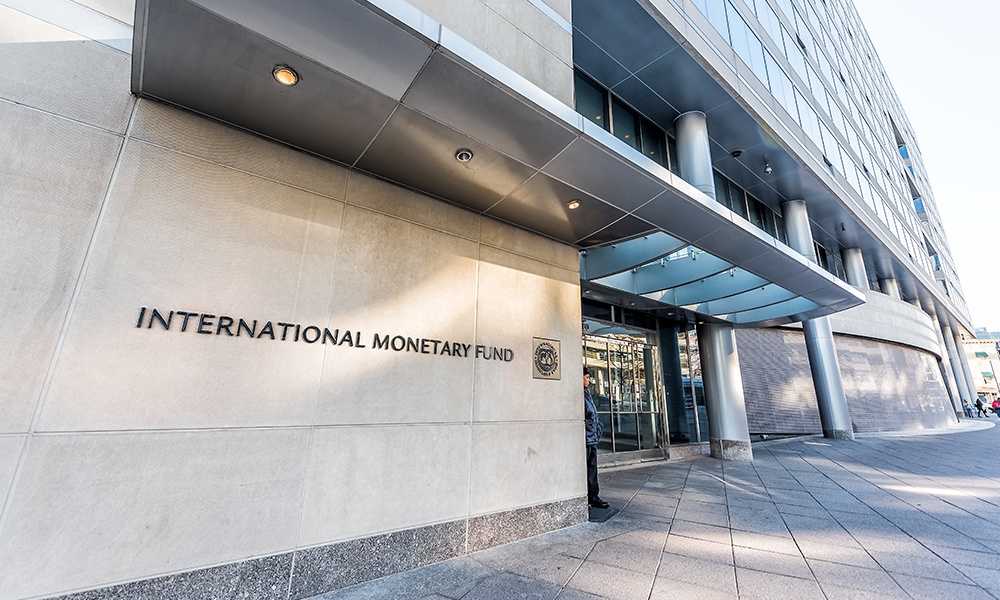The organization has significant slashed its global economic outlook to worst recession since the Great Depression

The International Monetary Fund said Tuesday that the global economy is set to shrink significantly, a sharp reversal of its outlook at the start of 2020.
It now predicts that the global economy will shrink by 3% this year compared to the growth of 3.3% it was forecasting in January. This will impact advanced economies more, with a contraction of 6.1%.
The coronavirus pandemic is pushing the world to its worst recession since the Great Depression of the 1930s, although the contraction for advanced economies then was 16%.
“The shock is large. The output loss associated with this health emergency and related containment measures likely dwarfs the losses that triggered the global financial crisis,” said IMF chief economist Gita Gopinath. “Like in a war or a political crisis, there is continued severe uncertainty about the duration and intensity of the shock.”
Gopinath added that the ability of policymakers to mitigate the downturn, for example by stimulating aggregate demand as quickly as possible, is more challenging than usual given the extent of the crisis; and in some cases – such as the travel industry – it would be undesirable to try to boost demand during containment of the pandemic.
Credit crunch?
The IMF also warned that, if the recession leads to widespread defaults, there could be a credit crunch.
“A prolonged period of dislocation in financial markets could trigger distress among financial institutions, which, in turn, could lead to a credit crunch for nonfinancial borrowers, further exacerbating the economic downturn,” the organization said.
The outlook noted that there are some cracks starting to emerge in some parts of global financial markets but these could be healed if economies can restart quickly after lockdowns are lifted.
Support businesses
Ms. Gopinath said that it was very important that policymakers continue to support both households and businesses during the pandemic. She also expected that economies would need to implement further stimulus measures once the pandemic recedes.
While governments have been quick to announce support measures for businesses, there are concerns that many are not able to benefit.
A report from the UK suggests that just 2% of businesses have successfully applied for emergency loans, while the Canadian Federation of Independent Businesses said Tuesday that almost one in five small businesses are too small to qualify for the Canada Emergency Business Account (CEBA).
The account is only available to those businesses with payroll between $50,000 and $1 million.



